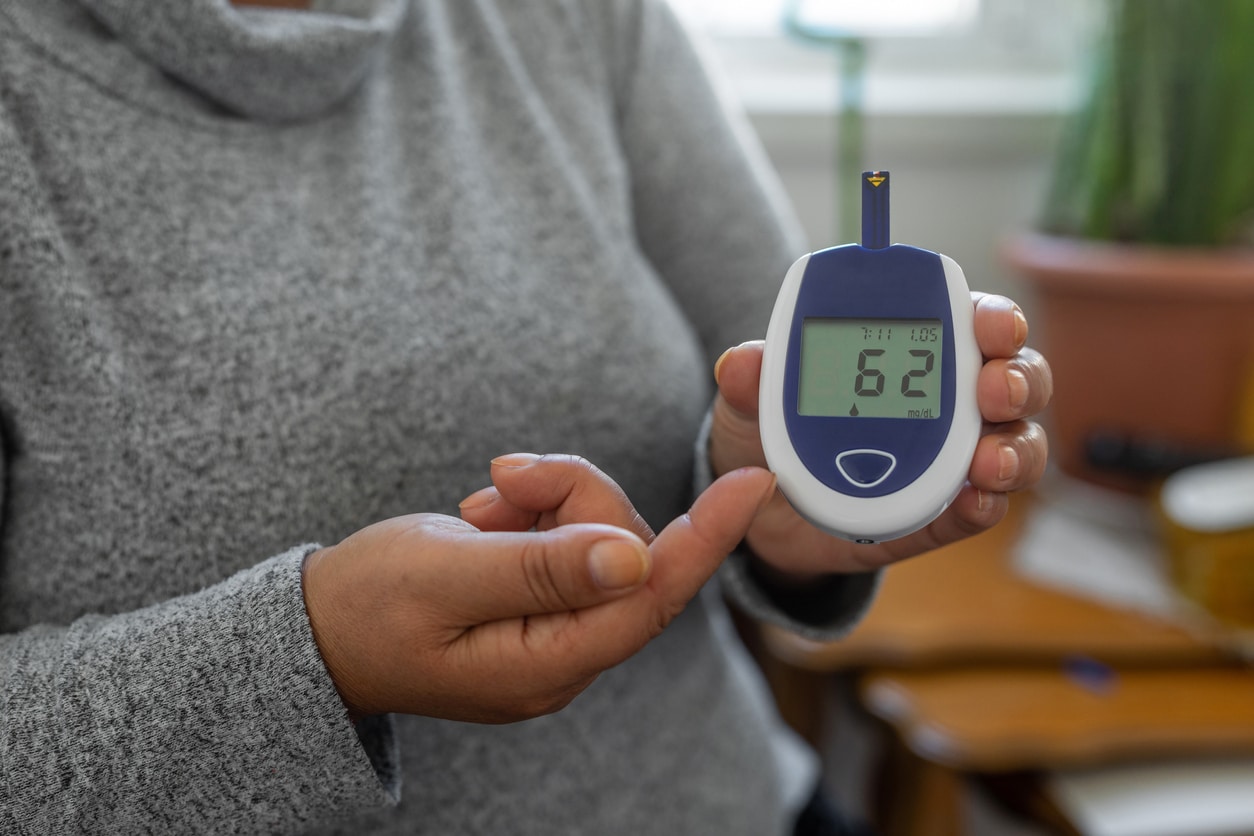Do you consider yourself metabolically healthy? Many people think that they are because of their average weight. However, this isn’t always the case. There are a number of factors to consider. Understanding what it means to be metabolically healthy is the first step to success. Let’s also look at preventative measures that we can take to achieve metabolic health.
What is Metabolic Health?
According to the National Heart, Lung, and Blood Institute, the term “metabolic” refers to the biochemical processes involved in the body’s normal functioning and risk factors, habits, and conditions that could possibly increase your risk of disease. Metabolic syndrome occurs when you don’t meet the standard criteria, and your risk of metabolic diseases increases.
In other words, to be metabolically healthy, one must have ideal levels of blood sugar, blood pressure, cholesterol, and waist measurements without help from any medication. You may be diagnosed with metabolic syndrome when you have at least three metabolic risk factors.
We hear the term “metabolism” all the time and most often attribute our energy levels – or lack of it to our metabolism. While our metabolism does indeed affect our energy, metabolic health is so much more in-depth than this.
Blood Sugar

Glucose (blood sugar) is our main energy source. We obtain glucose from the carbohydrates we eat, although fat and protein may also convert to glucose as well. Insulin is a hormone secreted by the pancreas that helps regulate blood sugar levels, and these levels should be neither too high nor too low.
According to the Centers for Disease Control and Prevention, blood sugar must be regulated to help prevent or delay long-term, serious health problems, such as heart disease, vision loss, and kidney disease.
Blood Pressure

Arteries are responsible for carrying blood from your heart to other parts of your body. Your blood pressure will fluctuate throughout the day based on activity. High blood pressure (hypertension) occurs when blood pressure is elevated above the normal level. High blood pressure can lead to heart disease, heart attack, and stroke. There are generally no symptoms of high blood pressure, which is why it’s very important to have your blood pressure checked routinely. Understanding healthy and unhealthy blood pressure levels and making healthy lifestyle choices are crucial in preventing hypertension.
Cholesterol

Cholesterol is a waxy substance made in the liver and is needed to make vitamin D, hormones, and substances that help us digest food properly. It is also obtained from certain foods. Too much cholesterol, though, can lead to plaque formation in our blood, and this buildup can lead to blockage, heart disease, and stroke. Smoking and lack of exercise can also lead to unhealthy cholesterol levels. Understanding good cholesterol and bad cholesterol, as well as how to prevent high cholesterol levels, can help you create a plan to reduce your risk of developing the disease.
Preventative Measures You Can Take Now
Your chance of developing a disease, heart attack, or stroke is much higher if you have poor metabolic health. Making lifestyle changes can significantly influence your risk factors for developing diseases related to metabolic health.
Annual Physical Exam
The thought of unwanted tests and exams, when you have no symptoms of disease, makes it easy to consider skipping this visit. However, these doctor appointments are vital for your overall health and can help you discover diseases early. You can learn how to take preventive steps to prevent or overcome metabolic syndrome.
Quit smoking
A study published by The National Library of Medicine shows a direct correlation between smoking and abdominal obesity. Another study showed an increase in metabolic diseases such as hypertension and diabetes in smokers. According to the American Diabetes Association, smokers have a higher risk of developing heart disease and becoming insulin-resistant.
Healthy Diet

We all understand the importance of consuming a healthy diet, but as we age, this becomes even more important as our bodies begin to change. Our diet plays a crucial role in our overall health. Consider implementing these steps to improve your diet:
- Eat more fruits and vegetables
- Avoid simple carbohydrates that can spike blood sugar levels
- Consume more fiber
- Drink lots of water
- Increase Omega-3 consumption and decrease Omega-6 consumption
- Replace table salt with a high-quality sea salt
- Consume more healthy fats such as avocado oil and salmon
Sleep

Healthy sleep patterns are often overlooked when we are thinking of reducing our risk of disease. However, according to the Centers for Disease Control and Prevention, poor sleep is linked to diabetes, heart disease, and obesity. Setting a consistent bedtime, limiting caffeine, avoiding alcohol, and creating bedtime rituals are just a few examples of ways to improve your sleep.
Understanding metabolic health and taking preventative steps such as those listed in this article will help you reduce your chance of developing a disease.
Read Next:
Recognize and Prevent Heart Disease







